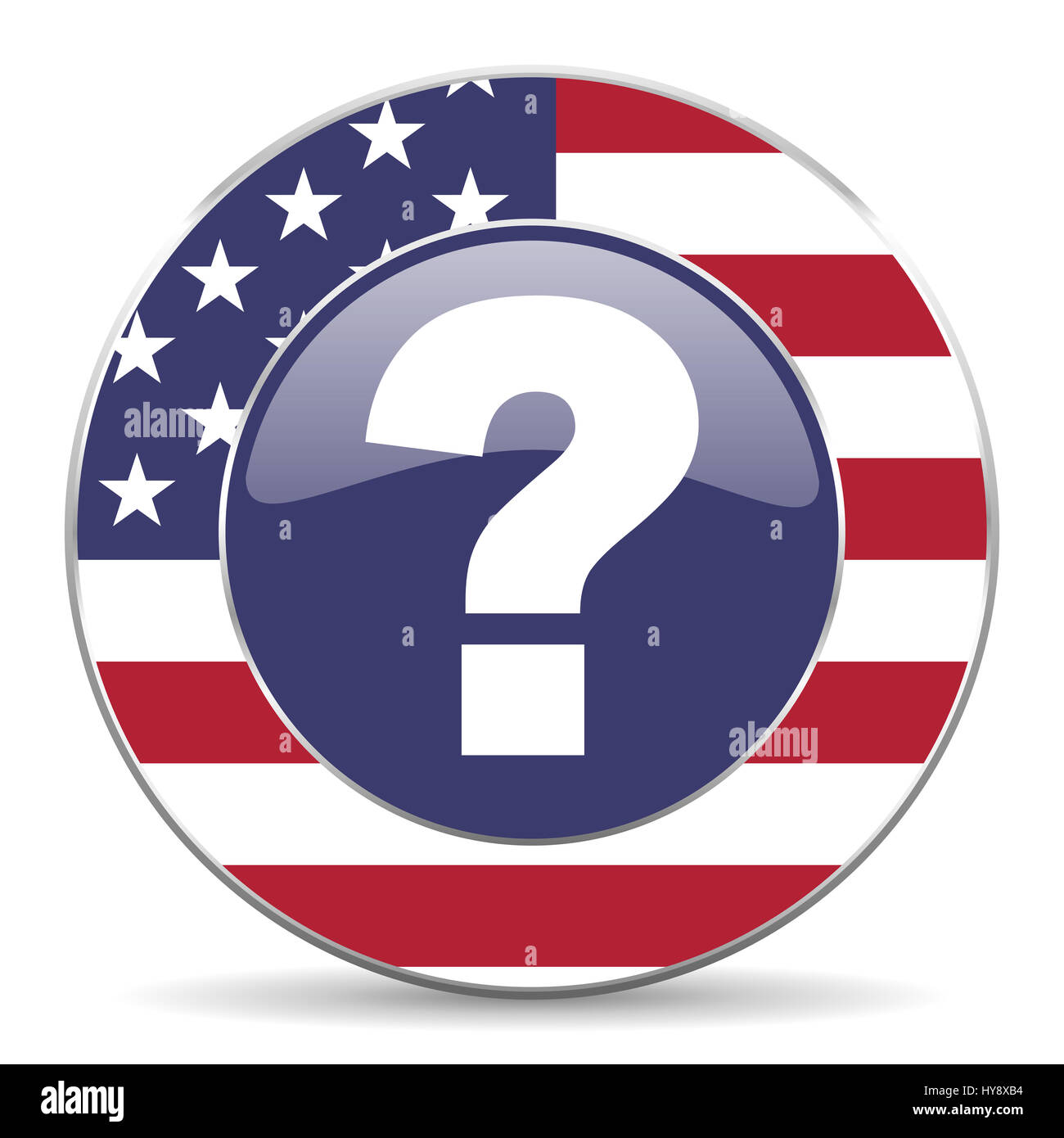Used to say I was American because it’s the truth, but since last month it’s been Californian, and I’ll be using that abroad in place of American
Eh, I don’t really identify with any of those. Maybe I’m “from Massachusetts”? I don’t live there now and didn’t grow up there, but that’s where I went to college. The state I grew up in, Kentucky, has never felt like home.
As a gringo living in Latin America, I identify as being from Canada, actually.
I have mostly identified first with my local region, despite having moved around a lot. For a long time, after first moving away from where I grew up, I continued to identify with that region, but when I eventually got to move to areas which were better suited to me culturally, my sense of identity shifted. Now where I grew up is secondary or tertiary and local region is first.
But still regional more so than like “American”?
“America” is a vast area. Too large to be considered a cultural region.
For me, in particular, I grew up in New Jersey. My primary culture was South Jerseyan, heavily influenced by Philly. Then New Jerseyan, more influenced by NYC. Then Northeast and Mid-Atlantic. Then American.
The culture did not suit me, though, and I have spent many years in the Pacific Northwest now. So now, I identify primarily as someone from the Pacific Northwest, having spent time in both Washington and Oregon–Mostly Seattle, but also kind of the boonies for a little while. I am a Pacific Northwesterner first, a New Jerseyan second, and an American third.
That makes sense, if regional kinda works for your scenario. It wouldn’t really for mine, so I feel the need to go straight to “American”, but your description helps me see how that wouldn’t work as well, as in like not be as suitable, for someone else. Thanks for sharing your story:-).
I grew up in New Jersey. My primary culture was South Jerseyan, heavily influenced by Philly.
I’m sorry.
Thank you. That’s why I moved to Japan when I was 17. I was looking for the opposite culture and basically found it.
Generally the closest that’s relevant to who’s asking. e.g. if the one asking is from the same state, I will say the town. If it’s someone from another state, I’ll say the state, and from another country, I’ll just say the US.
As for identify, I know this sounds pretentious, but generally “human” or “citizen of Earth”. I have no control over where I was born, and I’m more concerned with where I’m going in life than where I arbitrarily started. I’ve also never felt that I need to be proud of a place just because that’s where I’m from.
Interesting. Have you ever traveled to a place where people don’t speak English? Not being able to understand what’s happening around you definitely makes you realize you belong somewhere
Have never left the US (mostly due to being poor lol).
That said, I work with a surprisingly diverse group at work (especially given the state I live in), speak somewhere between “vacation” and barely fluent Spanish, and have spent time immersed in other cultures (though still in the US).
As far as language goes, I can generally pick up on that pretty quickly as long as it’s Latin-based. It may be very (sometimes very, very) broken when I speak it back, but I can typically at least get my point across and/or follow along and understand the gist of it. I also like the challenge.
I guess my sense of belonging is a pretty flexible is what I’m trying to get at.
I see. If one way you are able to go to a non-English speaking country, let us know how it goes!
Maybe one day when I learn how to take a proper vacation, I’ll let you know lol.
Depends on who’s asking generally. If it’s someone from my state I say the town, if they’re from the US I say the state and if they’re from outside the US I just say American. But it really just depends on how specific the conversation is at the time
I feel no connection to anywhere, not country, not state, not city, not my ancestors, not the human race, nothing. I don’t hate that stuff, it’s just like those are places and people like any other, not special or “mine” any more than some other group or place.
Maybe it’s because I’ve lived all over the country. Maybe it’s because I’m not particularly fond of my birth place. I’m thoroughly American as far as enculturation, language, temperament, etc as I’ve never lived anywhere else, so it’s not like I’m a “stranger in a strange land” or something intriguing. It’s just blank. Null. That organ other people seem to have making them feel “at home” just never developed when I was in the womb., nor do I feel any need to have it.
If I had to guess who “my people” were I think I’m more akin to something like a hermit. Lockdown showed me that a lot of people are genuinely different from me in terms of the needs they have. Even now that I’ve finally managed to acquire somewhat of a “hermitage” for myself I feel like its temporary steward rather than a place I “belong”. When I describe this to people they consider it sad, but I am quite happy.
I did, after false starts, manage to find a partner that feels the same way, so I’m not “alone” or lonely. Her family was actively abusive and cutting ties was an excruciating process that left scars. Nothing like that ever happened to me. I still speak to my family, just not frequently. Again, not totally sure why. Perhaps whatever I have is genetic.
Definitely nation last.
Mind you, I don’t really have much of a built in local identity at all. As in, the town and county don’t mean much to me. But the area, yeah. There’s a certain vibe to the tri county area that’s distinct from the surrounding counties, and from the general Appalachian culture, as well as the southern Appalachian culture (as was brought up in a previous post here lol).
But I’m definitely a mountain boy, and a southerner. Both have left deep etching into my speech, my way of looking at the world, and how I look at the rest of the country.
But, yeah, being American is part of that. You can’t really grow up in a single country and not internalize at least parts of the overall ethos and culture.
When it comes down to it, I tend to think of myself as a southerner more than an American. An American more than an american ( lower case because afaik, you don’t capitalize it when you’re referring to both continents), and an american more than a westerner. I tend to see more connections to people from Canada and Mexico than from central and south america, but I’d generally have more of a connection to, say, a Brazilian than maybe a Spaniard or an Italian.
There actually is an “american” connection. It’s maybe not as intense as what you would find in the EU as a connecting ethos, but the way all the countries this side of the pond formed, the history we share, you’ll end up having more in common with someone that doesn’t have any recent shared ancestry than you might with people that are from where your most recent European ancestors came from. Like, my Irish side, when things come up in the world, there’s usually less of an immediate “aha!”, where I just get where they’re coming from than with someone from Nicaragua (I happen to know several Nicaraguan families, so it’s a good example).
Hell, sometimes, I find myself having more in common with people online that are from South America than with people from Utah or Montana. And that’s with the language barrier.
I tend to think of myself as a southerner first though. Even when I hate part of the South’s history or culture, I’m steeped in it. The humidity and the dirt are soaked into me.
It’s like this: if someone asks, I tend to say I’m from America, but I am a southerner.
To other Americans, I identify as a New Englander or a Masshole. :)
To the outside world, I’ll probably say I’m from Boston first (I’m not, but it’s the closest big city the outside world might recognize) before saying I’m American.
Wicked cool
I don’t identify as a US American.
I identify as an American.
Tap for spoiler
I realize that foreigners, in languages other than English, use terms that directly translate to US American. However our preferred nomenclature is American.
When interacting with someone from another country, I identify as an American.
When interacting with a fellow American, I identify as a resident of my state, where I have lived nearly my entire life, excepting times spent out of state & out of country while I was in the military.
When interacting with a fellow resident of my state, I identify as a resident of the major city in whose suburbs I reside.
When interacting with a fellow resident of the metro area, I identify with either the general region of the metro area or the specific municipality in which I actually reside.
I realize that foreigners, in languages other than English, use terms that directly translate to US American. However our preferred nomenclature is American.
I usually use US American as Canadians and Mexicans are also Americans, and that can go all the way to Central and South America depending on how you divide continents
deleted by creator
You won’t find many people who would seriously complain about that phrasing, but it would come off as awkward and stilted to most people from the US.
Awkward, stilted, and a little holier-than-thou.
And if you extrapolate this and start saying Mexico Americans and Canada Americans for people in those countries, you’re just going to confuse people
Mexico American - doesn’t make sense
Mexican American - American whose origins lie primarily in Mexico
Canada American - doesn’t make sense
Canadian American - American whose origins lie primarily in Canada
Frankly, I think most Canadians would probably feel insulted if you addressed them as Canada Americans. They don’t want to be tainted by association with us.
Mexicans and Canadians have those demonyms, so no need to worry for them.
Frankly, I think most Canadians would probably feel insulted if you addressed them as Canada Americans. They don’t want to be tainted by association with us.
I’ve seen Canadians being okay with being called “North Americans”, when discussing something impacting both Canada and the USA, so it seems in this situations it’s fine by team. Canada Americans would indeed be strange.
Take this with a grain of salt bc small sample size, but I’ve also heard from South or Latin Americans that simply saying “American” = USA. It’s just that rest, I don’t know why.
Language might be one reason, and Hollywood and other cultural exports, but also I think people there identify more with like a Global South than as part of the American continent.
So to me it’s one of those things that you would think increase welcomingness and inclusivity, but for whatever reason in practice kinda somehow does the opposite (or not opposite, but just has the negative effect of sounding awkward without much of any positive benefit).
But I’d be happy to be proven wrong if that’s actually the way it is. If you find out, please let us all know, maybe with a post about it!? :-D
Take this with a grain of salt bc small sample size, but I’ve also heard from South or Latin Americans that simply saying “American” = USA. It’s just that rest, I don’t know why.
In English, I assume? Because in Spanish, they would usually use “Estadounidense” (https://dle.rae.es/estadounidense)
I did strongly wonder if that is the reason why, but ultimately can only guess or relate from someone who actually knows:-).
deleted by creator
The UK British example is interesting.
Not British, so hopefully I’m not butchering this up.
UK is Great Britain (so Scotland, England, Wales) + Northern Ireland.
UK British in opposition to UK Northern Irish makes limited sense because both demonyms are enough to see who’s who (British vs Northern Irish). And if you want to go deeper, you can use Scottish, English, Welsh.
To have a situation similar to America would be to have the English using British to only qualify themselves, disregarding Scottish and Welsh people.
deleted by creator
I live in Chicago, which is a major city. So I’d say Chicago, believe it or not, I guarantee more people are familiar with the city than Illinois.
But if I lived somewhere else in Illinois, I’d say the state.
When I hear “Illinois”, I think generic midwest–agriculture, some manufacturing. When I hear “Chicago”, I think major metropolitan area. So you’re pretty spot-on.









